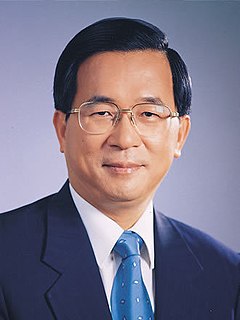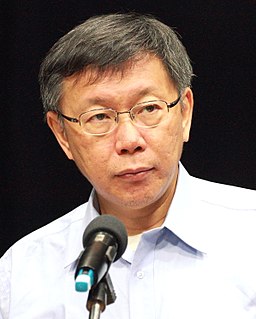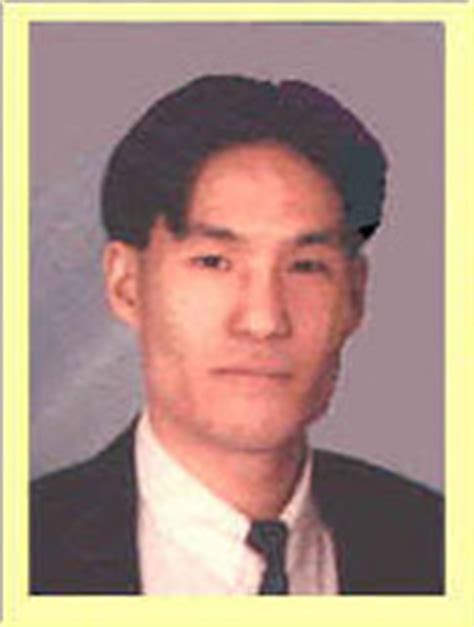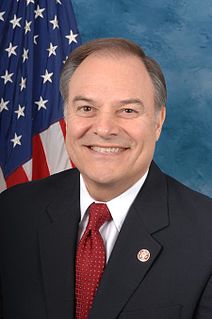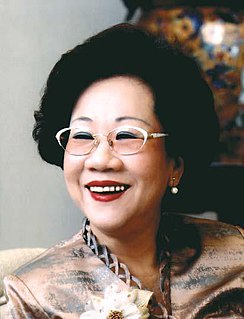A Quote by Henry A. Kissinger
The defining issue is that the government in Taiwan was considered to be the government of all of China, and the authorities in Beijing were not recognized as a government of China. So Taiwan was the residuary for all of China.
Quote Topics
Related Quotes
Well it did not make excessive sense to say that 20 million people are the recognized government of a billion people that have their own institutions. We did not change it in the sense that we said this has to end, but there was a U.N. vote that transferred the legitimacy of China from Taiwan to Beijing. Beijing was recognized as the government of all of China. Then, under President Carter, we followed what the U.N. had already done eight years earlier.
It can be argued - and rightly - that Taiwan is not just another regional issue: after all, the Chinese regard it as part of China. But Taiwan is also a regional issue for three reasons. First, the overthrow or even the neutering of democracy in Taiwan, which is what Beijing effectively demands, would be a major setback for democracy in the region as a whole. Second, if the Chinese were able to get their way by force in Taiwan, they would undoubtedly be tempted to do the same in other disputes. And third, there is no lack of such disputes to provoke a quarrel.
In the short term, it would not have made it possible to resume relations, because in the Chinese mind, the humiliation of China started with the annexation of Taiwan by Japan. If the United States had suddenly declared Taiwan as a separate state - for which we would have had no support among other nations - the consequences would have been giving up our relationship with China and committing ourselves to a long-term conflict with China.
Ronald Reagan, when he was campaigning for President, said that he would break relations with Communist China and re-establish diplomatic relations with Taiwan. But when he got into office, he pursued a very different policy of engagement with China and of increasing trade and business ties with China.

